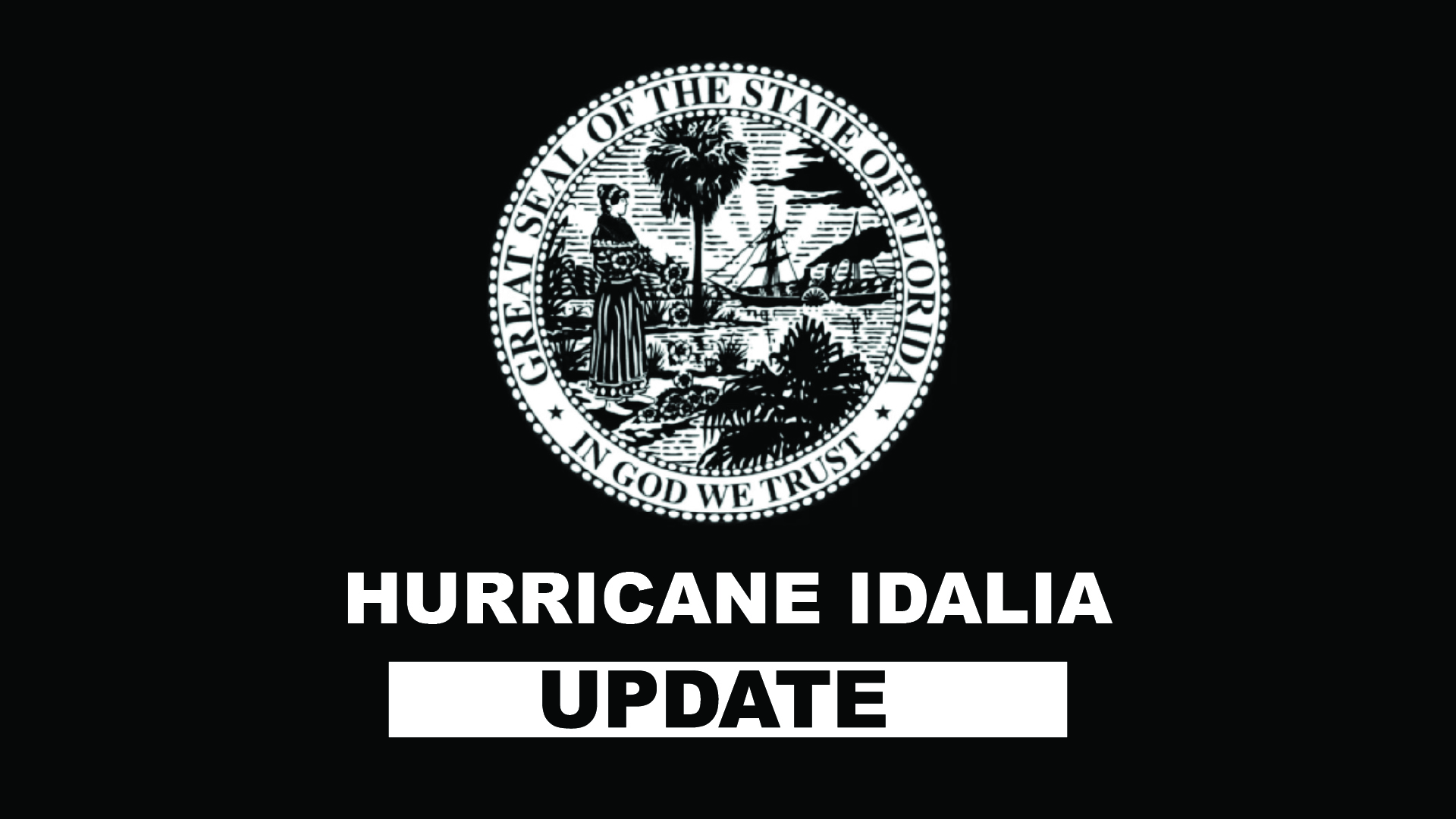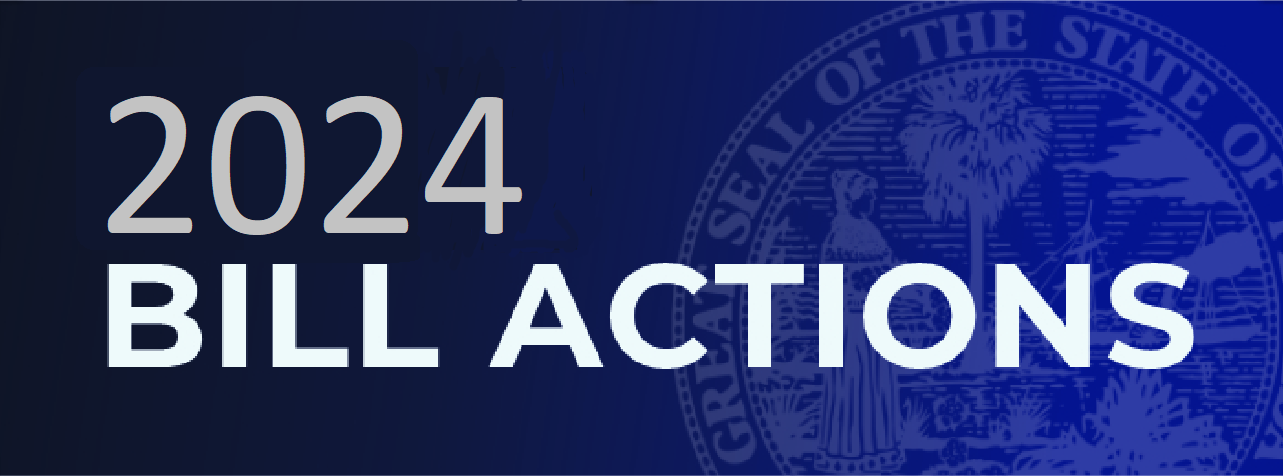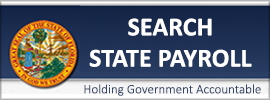JACKSONVILLE, Fla. – Today, in response to pressure from Governor Ron DeSantis, the state of Florida has been notified that planning has begun in preparation of sending 30,000 more monoclonal antibody doses to Florida. Yesterday, Governor Ron DeSantis called on the Biden Administration to release its stranglehold on monoclonals and provide the state with the additional doses to support new monoclonal antibody sites and to expand treatment capacity at existing sites.
“The Legislature and I worked together to allocate more than $800 million for the rapid deployment of monoclonal antibody treatments throughout the state,” said Governor Ron DeSantis. “After pressure from Florida, the federal government has begun planning to send 30,000 additional doses to our state, so we can stand up new sites and expand capacity at existing sites. We expect the Biden Administration to follow through so Floridians will have access to these life-saving treatments.”
This week, Governor Ron DeSantis visited Broward, Duval, and Collier counties to demand the Biden Administration get out of the way of Florida’s efforts to provide early treatment. Florida requested at least 30,000 doses per week more than it had been allocated by the Biden Administration, to support new monoclonal antibody sites in Duval, Collier, Miami-Dade, Broward, Palm Beach, and Seminole counties.
Yesterday, the U.S. Department of Health and Human Services (HHS) announced that Florida’s allocation for this week is nearly 2,000 doses less than its allocation last week, and nearly 10,000 doses less than New York, a state with a smaller population. Today, Florida was notified logistical preparation to send 30,000 additional doses to the Florida Department of Health (DOH) has begun.
“Florida has led the nation in monoclonal antibody treatment access under the direction of Governor DeSantis,” said State Surgeon General Dr. Joseph Ladapo. “To continue this stride, the Florida Department of Health worked with the Division of Emergency Management to lay the foundation for additional monoclonal antibody sites and called on the federal government to provide the doses we need to continue saving lives. We are hopeful that now that the logistical planning is underway, the federal government will deliver these life-saving treatments to Florida.”
“Thanks to the leadership of Governor DeSantis, HHS is engaged with our state to prepare to bring 30,000 additional doses to Florida, “said Agency for Health Care Administration Secretary Simone Marstiller. “The federal government should immediately approve our request and deliver the doses so Floridians can seek care in their communities, rather than being admitted into the hospital. As of yesterday, COVID-19 hospitalizations have decreased 67% and COVID ICU bed utilization has decreased 82.7% since their peaks in August. This is good news, but it is important that we are able to delineate between individuals hospitalized because of COVID and those who are admitted for other reasons and happen to test positive. AHCA will continue to work with all Florida hospitals to collect this information.”
“Governor DeSantis has tirelessly advocated for Floridians to receive more life-saving treatments,” said Florida Division of Emergency Management Director Kevin Guthrie. “Through extensive preparation, the Division is ready to begin mobilizing additional treatment sites within 24 to 48 hours once the federal government approves our request for these monoclonal doses. We’re proud to work with our partners at the Florida Department of Health and the Agency for Health Care Administration to ensure monoclonal antibody treatments stay readily available to Floridians who need it most.”
The Biden Administration has commandeered the entire national supply of this effective coronavirus treatment and has restricted the number of doses being sent to Florida. As a result, Floridians have been denied lifesaving monoclonal antibodies, but the state of Florida stands ready to open more treatment locations within 48 hours as long as the federal government continues to provide this level of doses to the state or allows the state to procure its own supplies from manufacturers and distributers.
Florida pioneered the widespread use of monoclonals and educated the public, and in some cases medical professionals, about the success of this treatment in preventing serious illness and hospitalizations for both vaccinated and unvaccinated Floridians. Over the summer, the state set up dozens of monoclonal antibody sites and Governor DeSantis traveled across Florida to make it known that early treatment saves lives.
Instead of allowing other states to follow Florida’s lead to provide this lifesaving treatment to their citizens, the Biden Administration decided to take full control of the supply of monoclonals, then dramatically cut Florida’s supply. To help fill the gap caused by this cut in allocation, Florida worked with GlaxoSmithKline to bring thousands of doses of another monoclonal to Florida, but the Biden Administration took control of this treatment as well.
In anticipation of the potential for a future COVID-19 surge causing an increase in demand for early treatment, the Florida Division of Emergency Management (FDEM) requested and received additional resources from the Legislature in October, including:
- $245 million to support ongoing monoclonal antibody treatment operations throughout the state at the time; and
- $643 million for any future surge in demand for monoclonal antibody treatment, including the potential future opportunity for the state to directly purchase monoclonal antibody treatments and bypass the federal government.
Thanks to this proactive approach, FDEM has more than $800 million remaining and available to quickly deploy monoclonal antibody treatments throughout the state.
To find locations to receive monoclonal antibody treatments around the entire state, please visit floridahealthcovid19.gov.
###
.jpg)






.jpg)
